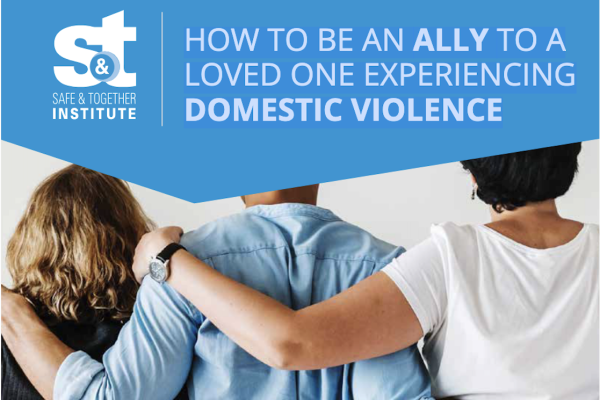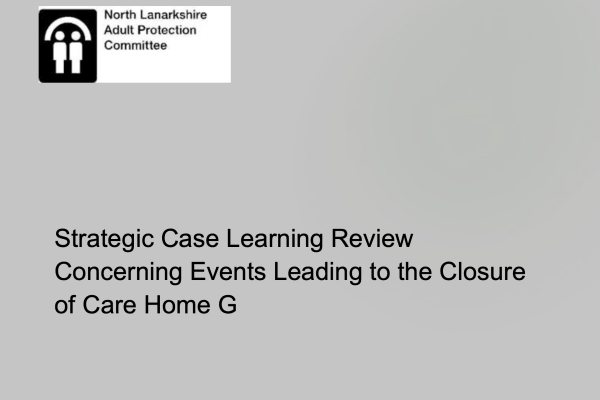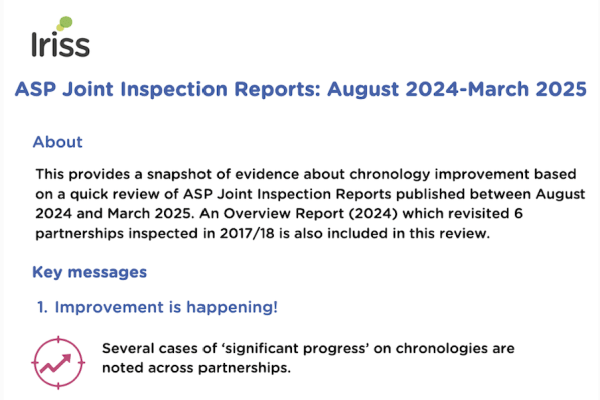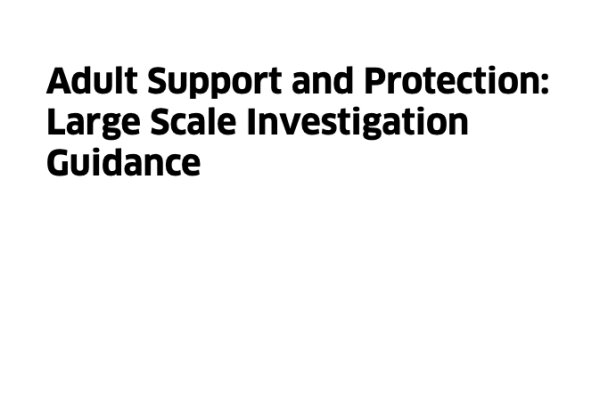How to be an ally to a loved one experiencing domestic violence
This guide is a resource to assist family and friends in being an ally to survivors of domestic abuse. A positive first experience talking about the abuse can make the difference between safety and increased isolation and entrapment for a loved one.









